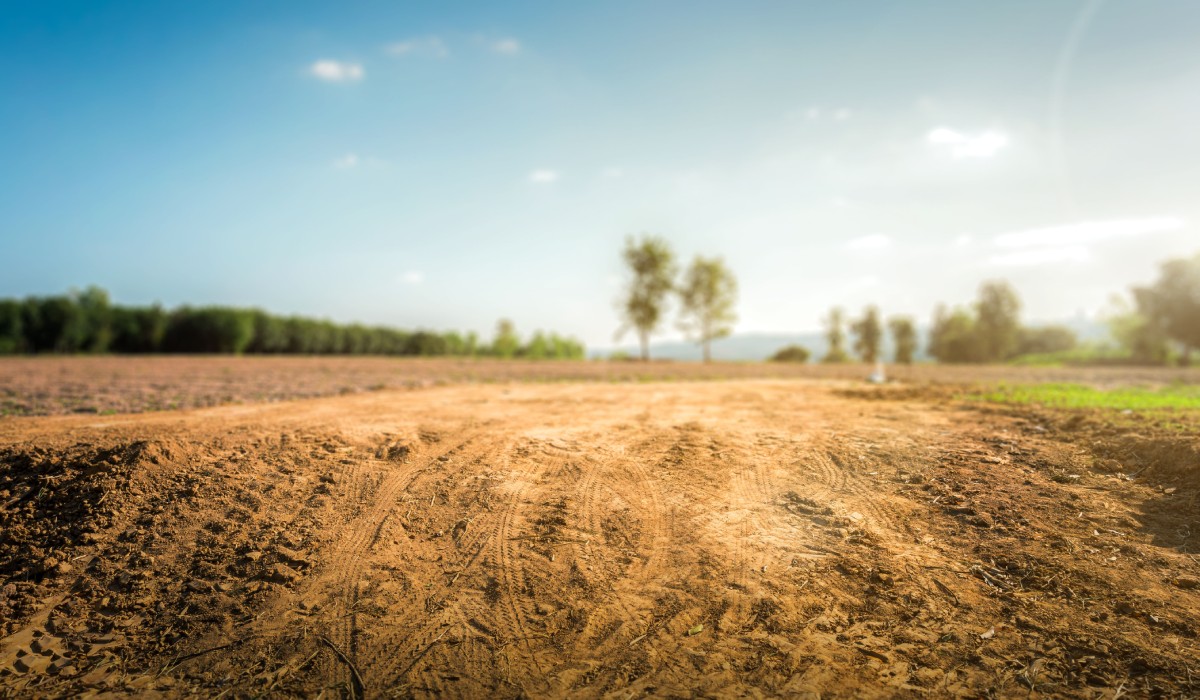Did you recently purchase a piece of land? Congrats—the possibilities are quite literally endless. Whether it’s a sprawling expanse or a modest plot, your new investment can be utilized for numerous reasons. Understanding how to use the land best can enhance its value and contribute positively to your community.
We’re taking a few minutes to discuss several excellent uses for a new piece of purchased land, from a small farm operation and a dwelling to a brick-and-mortar business and plot of tiny homes. We weren’t kidding—the possibilities really are endless.
One of the most popular uses for land is residential development. Depending on your land’s zoning, you might build single-family homes, townhouses, or even apartment complexes. Before embarking on this venture, it’s crucial to familiarize yourself with local zoning regulations and the housing market in your area.
For instance, if your land is in a growing suburb, there might be a high demand for family homes. Conversely, in urban locales, there could be a surge in interest in rental apartments. Understanding these dynamics will help you make informed development decisions and make sure your project meets the community’s needs.
If your land sits near main roads or urban centers, consider developing it for commercial purposes. Establishing businesses or retail spaces is lucrative, but it’s important to conduct a detailed market analysis first.
Look into what types of businesses are thriving nearby and what the community lacks. Conduct surveys or engage with local chambers of commerce to gather insights. Additionally, make sure your land is easily accessible, with good road connections and public transport links.
The land can also serve agricultural purposes if you have a green thumb or wish to explore farming. Depending on its size and location, consider options like vegetable gardening, fruit orchards, or even livestock farming.
However, not all land is suitable for agriculture. It’s important to assess soil quality, water access, and climate conditions. Partner with local agricultural experts or extension services to determine the best crops or farming methods for your specific piece of land.
Transforming your land into a recreational area can benefit the community and offer personal enjoyment. Depending on the land’s size, this could range from a simple park to a wildlife sanctuary or even a private campsite.
Consider the land’s natural features. Are there hills for hiking or streams for fishing? Local communities often seek such recreational spaces. This could be a great opportunity to create a space for the community while also generating income through tourism or outdoor activities.
Finally, consider dedicating your land to environmental conservation. This could involve protecting natural habitats, planting trees, or creating wildlife corridors. This will help the environment, and tax benefits and grants are usually available for land conservation efforts.
Before embarking on this path, consult with environmental experts or local conservation organizations. These experts can provide guidance on the best practices for land conservation and help you understand any legal obligations or opportunities for funding.
Deciding on the best use for your newly purchased land involves understanding your personal goals and the needs of the surrounding community. From residential and commercial developments to recreational spaces and conservation efforts, the possibilities are vast. Reflect on your aspirations and the steps to take after buying a piece of land to make sure your investment contributes positively to the community and enhances its value.









